Written by: Kate Bishop-Williams
I have had the great pleasure of attending the Safety and Health of Rural and Agricultural Populations (SHARP) Conference this year in Saskatoon. It was a great experience, and one of the best conferences I have attended yet! Day 1 was spent at an interesting and informative ONE HEALTH: Team Science Training workshop with a great group of students and faculty researchers from across Canada and abroad.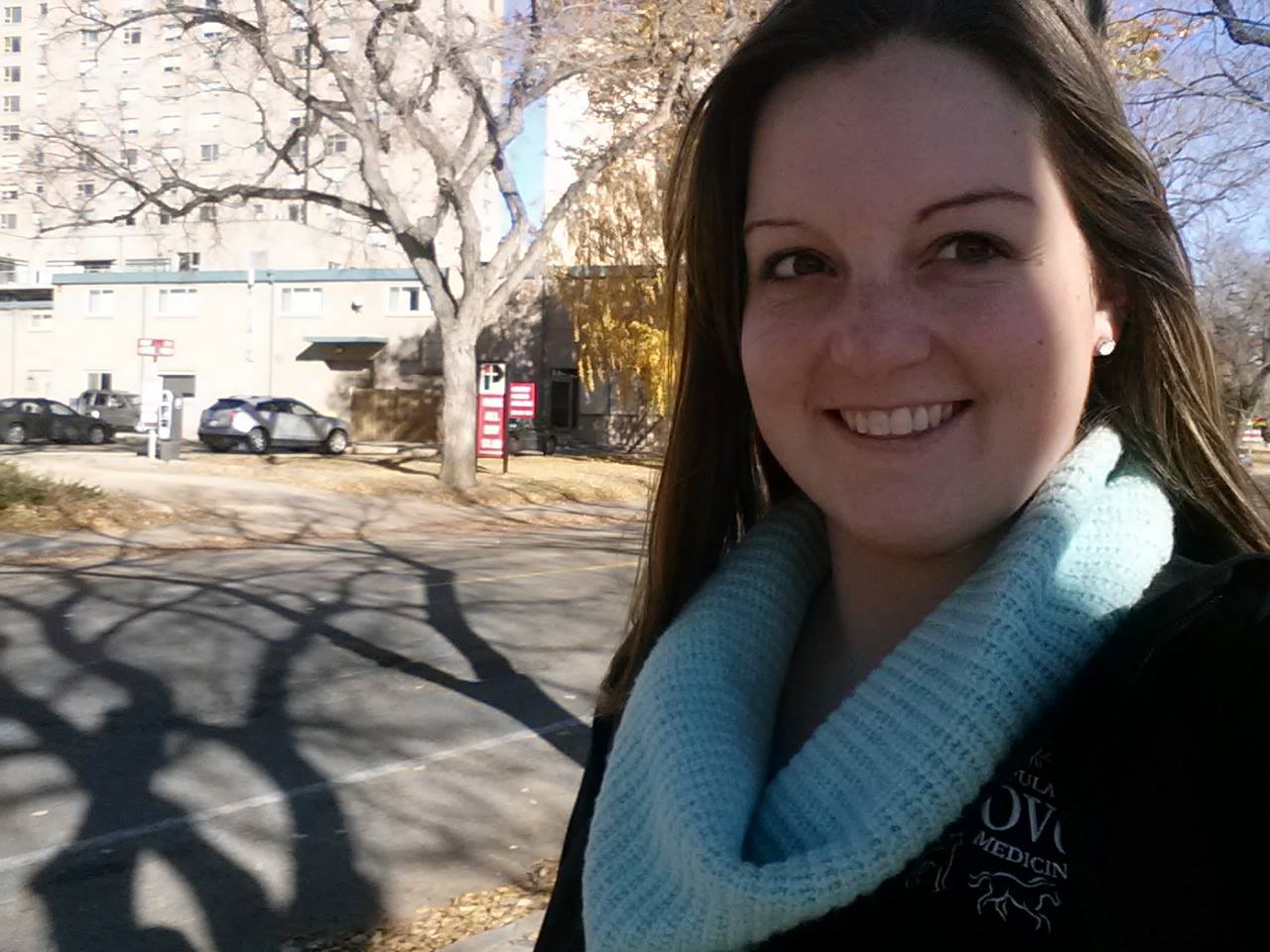 The most interesting part of the session for me, was to hear about a series of exciting initiatives that U Sask is working on in One Health and transdisciplinarity. One such initiative is CREATE, a collaboration between U Sask, Berlin and a medical school in India. The program involves a one semester online course in group science, a one semester online seminar course, an intensive field school (where all international candidates come together) and a 2-4 month externship with partners like PHAC. We also heard about the School of Environment and Sustainability at U Sask and PHARE a Public Health, Agriculture and Rural Health and Environmental Health consortium.
The most interesting part of the session for me, was to hear about a series of exciting initiatives that U Sask is working on in One Health and transdisciplinarity. One such initiative is CREATE, a collaboration between U Sask, Berlin and a medical school in India. The program involves a one semester online course in group science, a one semester online seminar course, an intensive field school (where all international candidates come together) and a 2-4 month externship with partners like PHAC. We also heard about the School of Environment and Sustainability at U Sask and PHARE a Public Health, Agriculture and Rural Health and Environmental Health consortium.
 The conference is being held in the Delta Bessborough, and it is absolutely gorgeous! The conference rooms where I and others have presented are quite spectacular.
The conference is being held in the Delta Bessborough, and it is absolutely gorgeous! The conference rooms where I and others have presented are quite spectacular.
The morning session was of particular interest to me today, as I was pleased to hear reference, more than once, to the impact of climate change on the health of rural and Indigenous populations. Moreover, both heat stress and water issues were mentioned, and the impact these had on workers and those living in these communities.
I had the opportunity to present in the William Pascoe building, a room for almost 100 audience members. I gave a talk on the 3rd project of my MSc thesis, likely for the last time. This project is particularly important to me, as it is a research 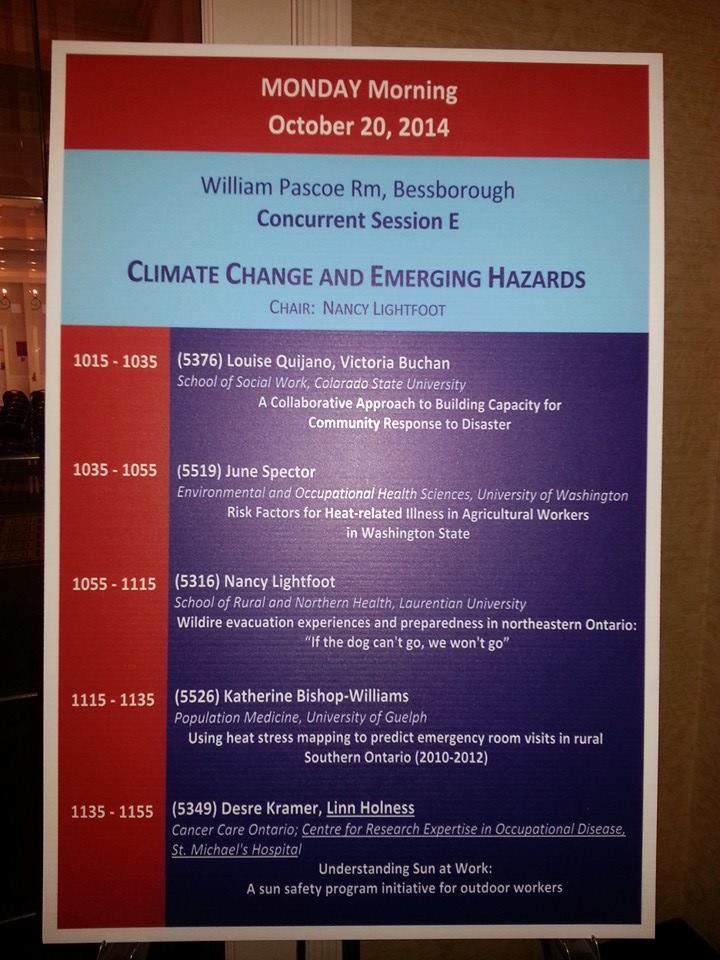 question that I developed independently, including suggesting the methods used. I personally contacted the 50 hospitals in rural Southern Ontario and secured a great response rate of 48%. I am incredibly proud of this work, as working with institutions such as hospitals can be challenging for reasons such as ethics and access to information. I presented at 11:15 AM, and was thrilled to have good attendance in the room, a full 15 minute slot to present, and a great discussion period to follow the presentation. I distributed my remaining infographics of the poster which was designed for this project (EcoHealth 2014, Montreal), and this again generated great conversation.
question that I developed independently, including suggesting the methods used. I personally contacted the 50 hospitals in rural Southern Ontario and secured a great response rate of 48%. I am incredibly proud of this work, as working with institutions such as hospitals can be challenging for reasons such as ethics and access to information. I presented at 11:15 AM, and was thrilled to have good attendance in the room, a full 15 minute slot to present, and a great discussion period to follow the presentation. I distributed my remaining infographics of the poster which was designed for this project (EcoHealth 2014, Montreal), and this again generated great conversation.
The highlight session for me today, was a presentation by Dr. Susanna von Essen from the University of Nebraska. Dr. von Essen presented on the impacts of One Health in the successes of controlling a number of zoonotic pathogens.
I spent the afternoon in a series of presentations related to Indigenous Health in Canada and the links to New Canadian health problems. One such topic which was quite interesting in this session, was the topic of barriers to health care for Indigenous populations, both in remote regions and also in urban areas.
The SHARP meeting also coincided with the Built Environment and First Nations Health: Addressing and Redressing the Issues meeting. This meeting shifted the focus of SHARP from primarily workplace and rural health based to Indigenous Health. The keynote speaker this morning was the highly acclaimed academic, Dr. Malcolm King. Dr. King presented on the changes in CIHR’s strategic plan and addressed a number of issues with regards to applying for Tri-Council funding through the Institutes for Aboriginal Health. While I have pages of notes related to Dr. King’s engaging and fascinating 60-minute talk, I will only share a few highlights. Dr. King pointed out that successful grants are now showing ways in which they will address research questions by integrating the use of both Indigenous and Western knowledge. Dr. King shared a series of National Aboriginal Health Organization (NAHO) Determinants of Health. Predominantly in Public Health we study the PHAC Social Determinants of Health, however, of interest in the NAHO series, was the highlighting of climate change, environmental condition and food security issues, missing from the PHAC social determinants of health. Dr. King suggested that the solutions are to lead with Aboriginal People’s focused interventions, which are both population specific and culturally relevant.
Dr. King’s talk was an excellent way to set the tone for the day, and I was thrilled to be able to introduce myself to him later in the day. As a long-standing chair of CIHR and the Institutes for Aboriginal Health, Dr. King was quite familiar with the IHACC project, and we chatted for a few minutes about possible directions for my research.
I was able to attend the Built Environment and First Nations Health: Addressing and Redressing the Issues meeting and network with researchers working in Saskatchewan on issues facing many other Indigenous communities in Canada. This session included both a morning and an afternoon session, and was exceptionally well organized. The sessions were organized where presenters were asked to move between tables to present their research conversationally in groups of approximately 10 people. By doing this, conversations with regards to the research, questions and comments were rich and important. The researchers would introduce themselves at each table, provide a 5-10 minute overview of their work and a 2-sided handout summarizing key points and results, and the rest of the time was spent discussing with the group. This allowed rich and deep themes to emerge. The overarching theme for the day was respiratory illness as it related to housing issues, yet we spent much time discussing policy and integration of Indigenous ways of knowing, obesity/ diabetes, residential schools and multi-generational traumas, over crowding and climate issues. Again, I have pages and pages of notes that I wont get into the details of, but the experience of a conference this way was not only refreshing, but also incredibly rewarding. I learned so much more in this informal and comfortable setting than I could have by hearing presentations all day, and I am more equipped to apply what I learned to my own research work.
The last day of SHARP coincided with the first day of the 7th International Summit on Dementia. The summit coincided nicely with issues of rural health and we began the day with an excellent talk on dementia treatment in rural areas in the UK. While not directly related to my research, Dr. Anthea Innes did share some great and useful insights!
It was interesting to see the similarities and differences in challenges that the rural populations of England and Scotland face in comparison to the rural and remote populations of Canada. Dr. Innes shared some great programs, and very creative intervention ideas for working with patients who have dementia, remote populations and an intersection of the 2 populations.
My final session of the week was spent in a chronic illness in rural communities workshop. This was particularly relevant Steph Masina and I tease apart chronic and acute illnesses in the North. One researcher in this session gave an interesting perspective on how we account for Socioeconomic Status in epidemiological modelling. Dr. Bonnie Jenzen is a researcher working at U. Sask, and showed the lack of correlations between a number of SES predictors. Rather than accounting for only education, only income or only skill level, Dr. Jenzen recommended the use of a combined measure or multiple variables. Moreover, a number known as the income adequacy value was described, which accounts for income as it is divided out by the number of people in the home. This changes the outputs substantially!
So, it was a busy, long and crazy week in Saskatoon, but I loved being there! Thanks, SHARP, for an awesome and rewarding conference experience, and moreover, for an excellent opportunity to network!



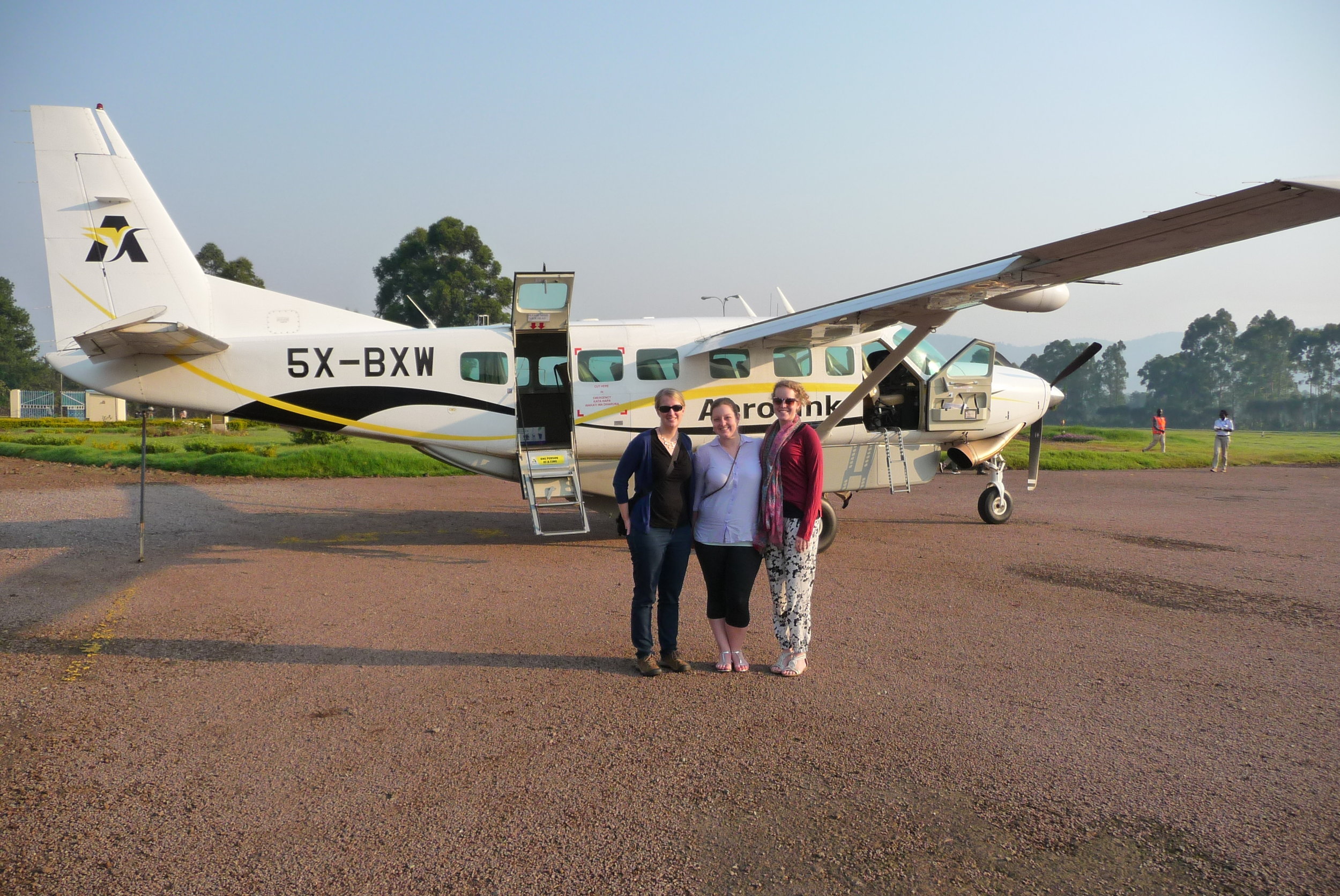
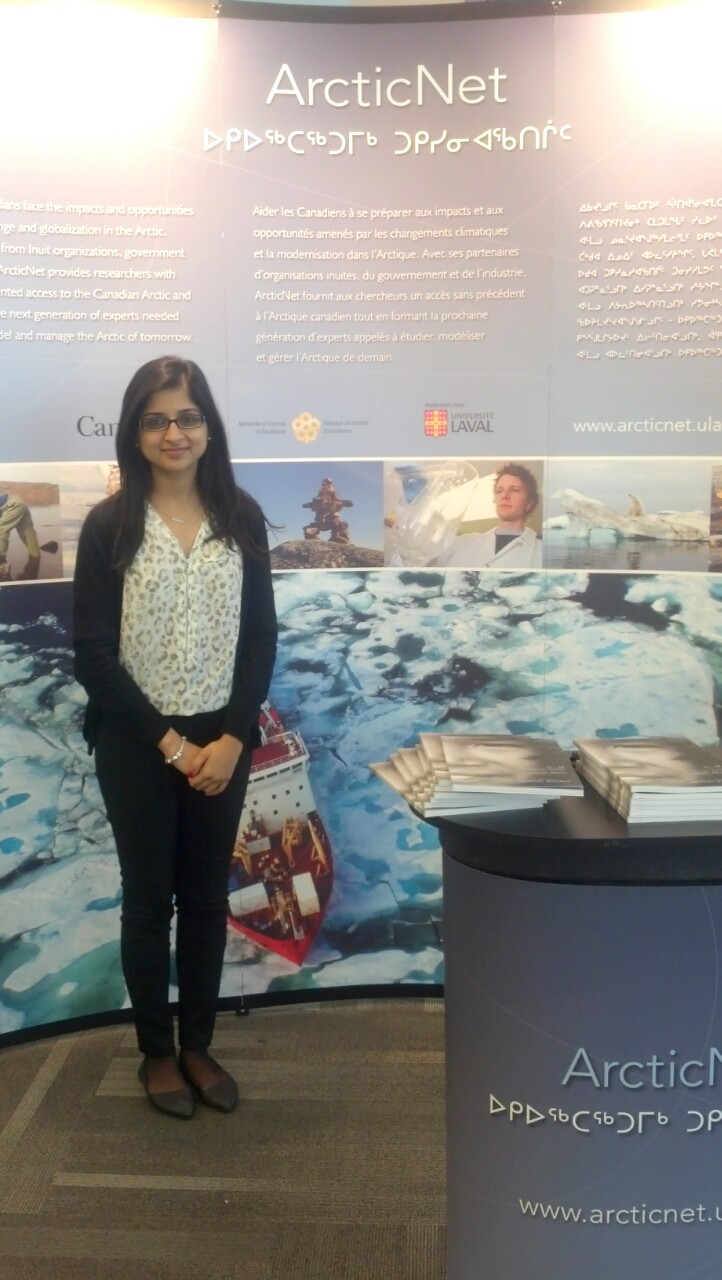
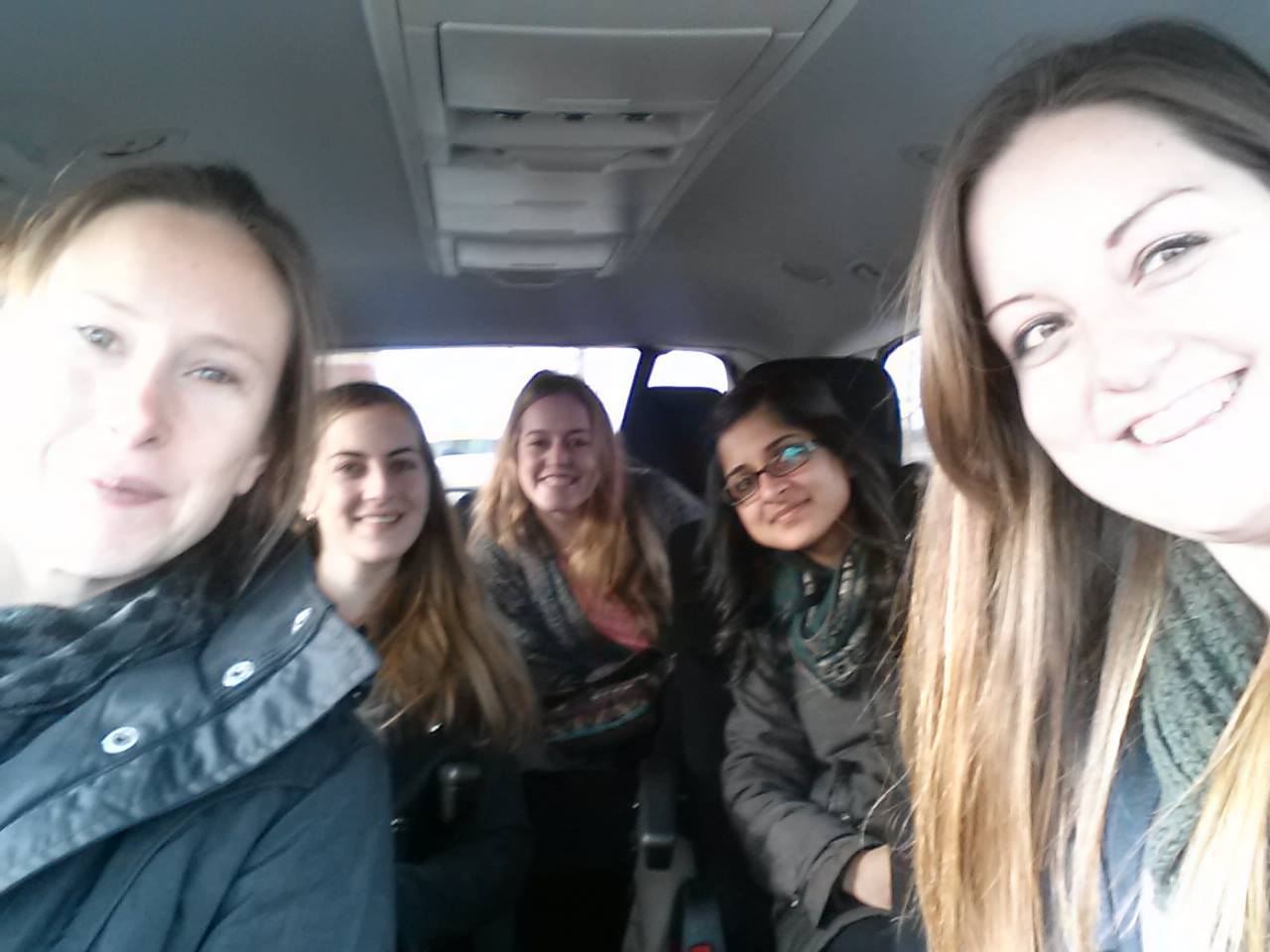 sion on “ADAPT as a model of project-level collaboration”. It was incredibly exciting to be here with a great group of individuals, researchers and specialists. We are looking forward to the upcoming days that are jam-packed with great talks, poster sessions and presentations.
sion on “ADAPT as a model of project-level collaboration”. It was incredibly exciting to be here with a great group of individuals, researchers and specialists. We are looking forward to the upcoming days that are jam-packed with great talks, poster sessions and presentations.

 The conference is being held in the Delta Bessborough, and it is absolutely gorgeous! The conference rooms where I and others have presented are quite spectacular.
The conference is being held in the Delta Bessborough, and it is absolutely gorgeous! The conference rooms where I and others have presented are quite spectacular. question that I developed independently, including suggesting the methods used. I personally contacted the 50 hospitals in rural Southern Ontario and secured a great response rate of 48%. I am incredibly proud of this work, as working with institutions such as hospitals can be challenging for reasons such as ethics and access to information. I presented at 11:15 AM, and was thrilled to have good attendance in the room, a full 15 minute slot to present, and a great discussion period to follow the presentation. I distributed my remaining infographics of the poster which was designed for this project (EcoHealth 2014, Montreal), and this again generated great conversation.
question that I developed independently, including suggesting the methods used. I personally contacted the 50 hospitals in rural Southern Ontario and secured a great response rate of 48%. I am incredibly proud of this work, as working with institutions such as hospitals can be challenging for reasons such as ethics and access to information. I presented at 11:15 AM, and was thrilled to have good attendance in the room, a full 15 minute slot to present, and a great discussion period to follow the presentation. I distributed my remaining infographics of the poster which was designed for this project (EcoHealth 2014, Montreal), and this again generated great conversation.
